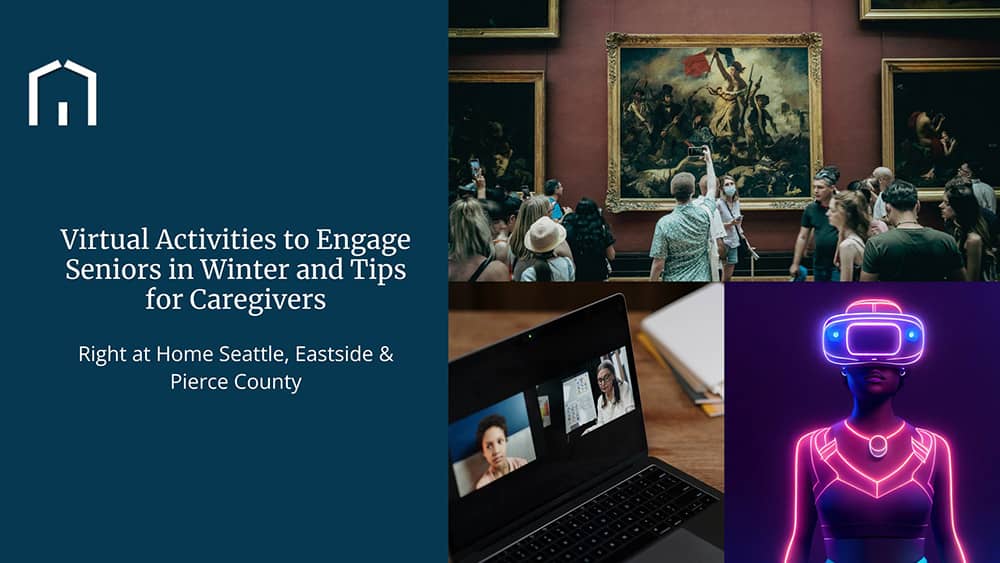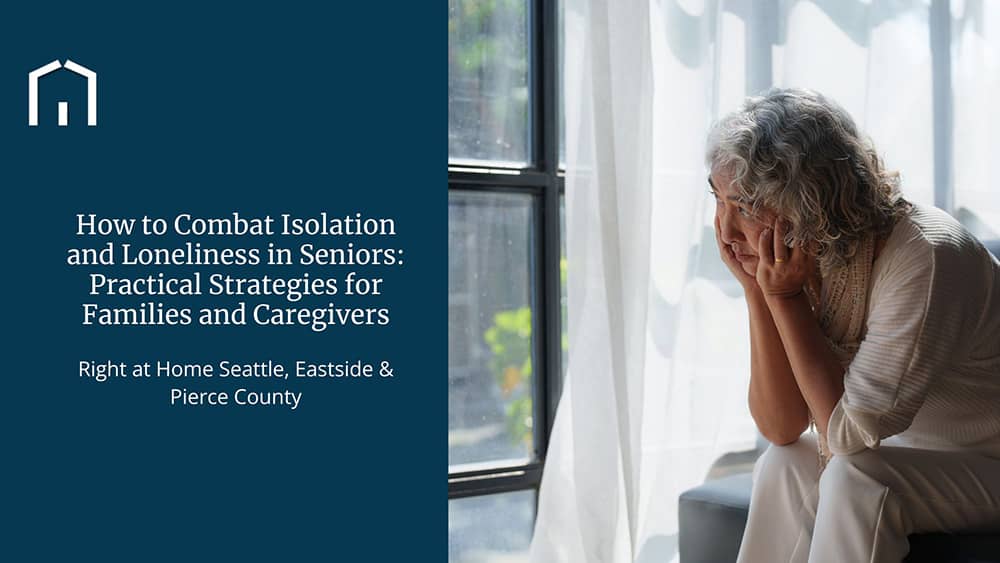

How Early-Onset Dementia Affects Families and Caregivers
Early-onset dementia, which typically affects individuals under 65, presents unique challenges for families and caregivers. Unlike dementia in older adults, early-onset cases often impact people still in the workforce, raising children, or maintaining active lifestyles. The emotional and practical implications ripple across the family, requiring patience, understanding, and adjustments to daily routines.
One of the most significant hurdles families face is adjusting to the emotional toll of early-onset dementia. A common concern we hear from spouses, siblings, friends, adult children, and other loved ones is seeing their family members lose interest in hobbies they once cherished. For example, a person who used to love gardening or woodworking may start avoiding these activities, preferring to isolate themselves instead. This withdrawal can feel heartbreaking for family members who want to help their loved one stay engaged but struggle to reignite that spark.
Loved ones also often feel a mix of grief, frustration, and guilt as they navigate this new reality. They may grieve the changes in their loved one’s personality or capabilities while also feeling guilt for needing respite or professional support.
Early-onset dementia doesn’t just affect emotions—it also complicates day-to-day life. For instance, one team member shared a story about their father, who struggles with new driving instructions. When exploring unfamiliar cities or roads, he frequently misses turns, such as turning left instead of right at a stop. However, on roads he’s driven his whole life, he remains a capable and confident driver. This highlights how dementia can interfere with adapting to new situations, making routine changes or even traveling particularly difficult.
Another practical consideration is recognizing that early-onset dementia often presents differently depending on its subtype. For instance, some individuals may initially struggle with memory, while others may experience behavioral changes or language difficulties. Families need to recognize these signs early to bring in the appropriate professionals—not because the person will need permanent care immediately, but because early intervention is critical for planning and accessing the right tools and support.
Technological tools: Apps and devices that assist with reminders, navigation, or communication.
Medical professionals: Geriatricians, psychologists, neurologists, or occupational therapists who specialize in dementia care.
Personalized routines: Establishing predictable schedules that reduce confusion and stress for both the individual and their family.
While dementia may not initially require full-time care, early planning is vital. Whether it’s establishing financial plans, exploring respite care options, or creating routines that work for the family, taking these steps early can reduce stress in the future. Families that prioritize education about dementia subtypes and progression often feel more empowered to make decisions that align with their loved one’s needs.
Dealing with early-onset dementia requires a team effort. From emotional support to practical resources, families benefit greatly from engaging with local community organizations, professional caregivers, and medical experts. These resources not only ensure the individual with dementia receives quality care but also help families navigate the journey with compassion and understanding.
By staying informed and proactive, families and caregivers can create an environment of support, enabling both the individual with dementia and their loved ones to find moments of joy and connection despite the challenges.
Emotional Challenges for Families
One of the most significant hurdles families face is adjusting to the emotional toll of early-onset dementia. A common concern we hear from spouses, siblings, friends, adult children, and other loved ones is seeing their family members lose interest in hobbies they once cherished. For example, a person who used to love gardening or woodworking may start avoiding these activities, preferring to isolate themselves instead. This withdrawal can feel heartbreaking for family members who want to help their loved one stay engaged but struggle to reignite that spark.
Loved ones also often feel a mix of grief, frustration, and guilt as they navigate this new reality. They may grieve the changes in their loved one’s personality or capabilities while also feeling guilt for needing respite or professional support.
Practical Challenges for Families and Caregivers
Early-onset dementia doesn’t just affect emotions—it also complicates day-to-day life. For instance, one team member shared a story about their father, who struggles with new driving instructions. When exploring unfamiliar cities or roads, he frequently misses turns, such as turning left instead of right at a stop. However, on roads he’s driven his whole life, he remains a capable and confident driver. This highlights how dementia can interfere with adapting to new situations, making routine changes or even traveling particularly difficult.
Another practical consideration is recognizing that early-onset dementia often presents differently depending on its subtype. For instance, some individuals may initially struggle with memory, while others may experience behavioral changes or language difficulties. Families need to recognize these signs early to bring in the appropriate professionals—not because the person will need permanent care immediately, but because early intervention is critical for planning and accessing the right tools and support.
Practical resources might include:
Technological tools: Apps and devices that assist with reminders, navigation, or communication.
Medical professionals: Geriatricians, psychologists, neurologists, or occupational therapists who specialize in dementia care.
Personalized routines: Establishing predictable schedules that reduce confusion and stress for both the individual and their family.
Planning Ahead
While dementia may not initially require full-time care, early planning is vital. Whether it’s establishing financial plans, exploring respite care options, or creating routines that work for the family, taking these steps early can reduce stress in the future. Families that prioritize education about dementia subtypes and progression often feel more empowered to make decisions that align with their loved one’s needs.
Support for Families and Caregivers
Dealing with early-onset dementia requires a team effort. From emotional support to practical resources, families benefit greatly from engaging with local community organizations, professional caregivers, and medical experts. These resources not only ensure the individual with dementia receives quality care but also help families navigate the journey with compassion and understanding.
By staying informed and proactive, families and caregivers can create an environment of support, enabling both the individual with dementia and their loved ones to find moments of joy and connection despite the challenges.







